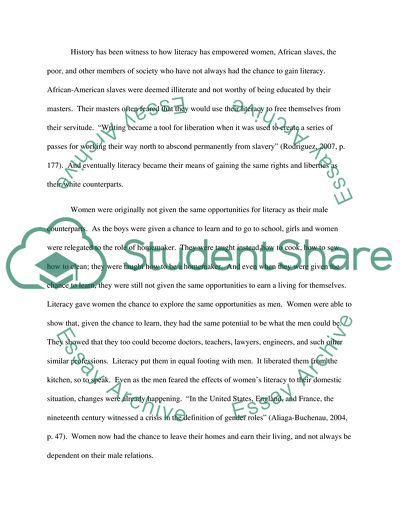Cite this document
(Childrens Literature and Literacy Essay Example | Topics and Well Written Essays - 1500 words, n.d.)
Childrens Literature and Literacy Essay Example | Topics and Well Written Essays - 1500 words. https://studentshare.org/literature/1722854-childrens-literature-and-literacy
Childrens Literature and Literacy Essay Example | Topics and Well Written Essays - 1500 words. https://studentshare.org/literature/1722854-childrens-literature-and-literacy
(Childrens Literature and Literacy Essay Example | Topics and Well Written Essays - 1500 Words)
Childrens Literature and Literacy Essay Example | Topics and Well Written Essays - 1500 Words. https://studentshare.org/literature/1722854-childrens-literature-and-literacy.
Childrens Literature and Literacy Essay Example | Topics and Well Written Essays - 1500 Words. https://studentshare.org/literature/1722854-childrens-literature-and-literacy.
“Childrens Literature and Literacy Essay Example | Topics and Well Written Essays - 1500 Words”. https://studentshare.org/literature/1722854-childrens-literature-and-literacy.


